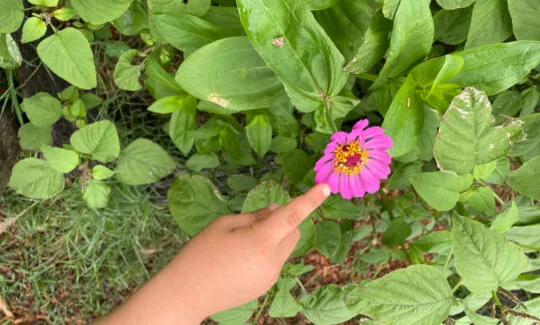Helping Our Children Conquer Their Anxiety
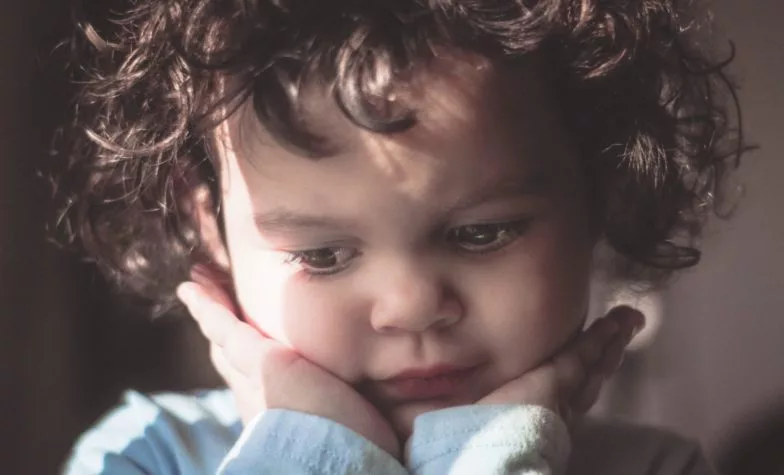
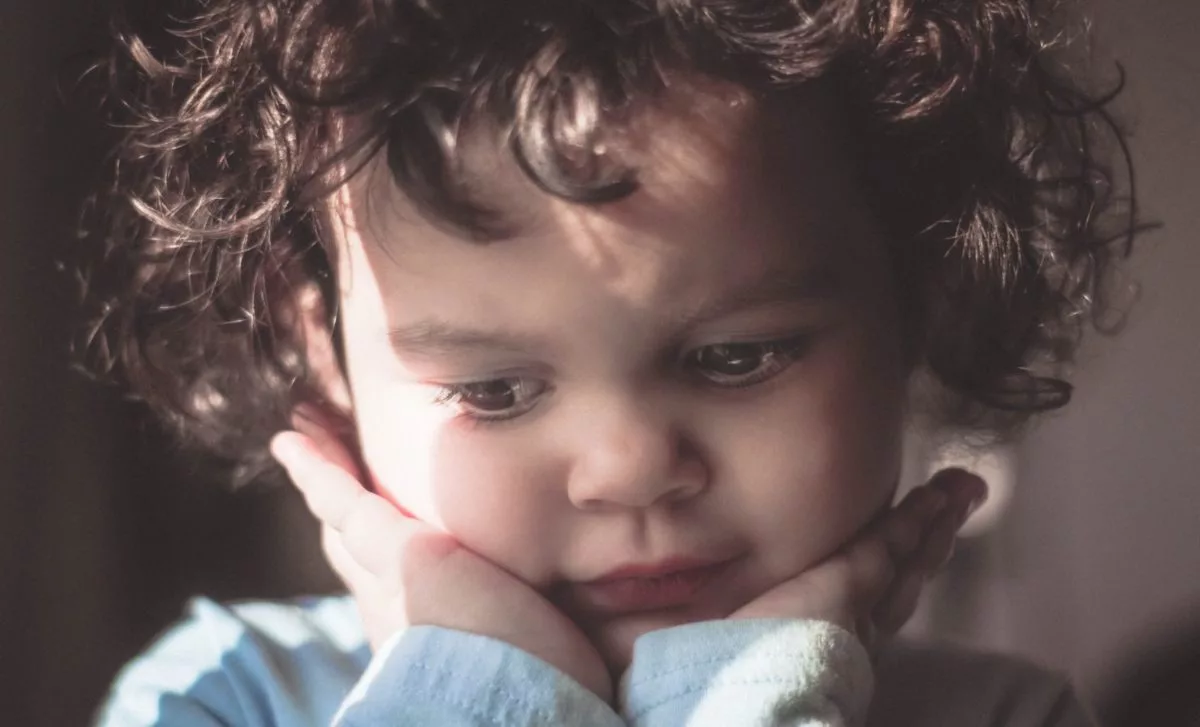
Written for Only About Children by Dr Kaylene Henderson, Child Psychiatrist and Parenting Expert
Many of us watch on as our little ones feel anxious at times, wishing we could magically make their anxiety disappear. Surely their lives would be easier, their days calmer and their moods happier if we could somehow rid them of anxiety?
Yet, we can’t. Because anxiety is a universal human experience.
We ALL feel anxious sometimes.
And the reality is, we’d be in a bit of trouble if we didn’t.
Anxiety is a feeling that’s been cleverly hardwired into us to keep us safe. When we sense danger, our mind sharpens to focus solely on the situation at hand and our body helpfully spurs into action. We start breathing more rapidly so that we can take in more oxygen. Our heart beats more quickly so that it can deliver this oxygen to our muscles, readying us to flee or to engage in battle. Our incredible bodies work in this way to ensure our survival. And we wouldn’t want it any other way.
So if anxiety is so helpful, why is it considered a problem? And why do so many people struggle with it, including our young children?
There’s a helpful analogy that’s often used, that likens anxiety to a smoke alarm.
You see, when there’s a fire present, a smoke alarm sounds and we fly into action, ready to combat the blaze or to escape; But for many children, this alarm can become a little too sensitive. It can start to sound when it needn’t. When this happens, our little ones will feel anxious in situations in which there’s nothing to fear.
Because they incorrectly sense danger, our children may start to avoid activities that they should otherwise be enjoying – like heading to kindy, joining in at play dates or sharing stories with their classmates during show and tell. They can also spend a lot of time worrying, asking a seemingly never-ending stream of questions that begin with the words, ‘What if…’. Understandably, the sound of repeated false alarms can be both stressful and exhausting for our little ones.
Over time, a troubling shift can occur. Rather than feeling in control of their anxiety, our children can start to feel like their anxiety is in control of them. And let’s face it, it’s hard to feel confident or brave when you’re not in control.
The good news is, there is SO much we can do to help our children learn about anxiety and how to regain control of it.
As a Child Psychiatrist, here’s where I suggest you start:
- Teach your child that anxiety is a normal, safe and often helpful feeling
- Normalise anxiety – tell stories of times that you’ve felt anxious and of how brave you’ve felt when you’ve faced your fears
- Picture books are wonderful tools for teaching children about anxiety. They teach children that they’re not alone in their experience and can provide both practical guidance and reassurance in a non-threatening way. Your local library is a great place to start your search
- Encourage your child to slow their breathing down when they’re feeling anxious. It sounds so simple, yet your child will quickly get back to feeling better once they’ve learned to do this
- Teach your child that, just like the rest of their body, they’re in charge of their thoughts and that these thoughts, in turn, influence how they feel. In order to feel better, children need to make sure that what they’re telling themselves is both helpful and accurate. (While this new habit can take a little while to master, it’s worth persisting!)
As your child learns more about anxiety and how to manage it, they will steadily gain a sense of mastery and control.
And that’s when the magic happens. To truly make our children’s lives easier, their days calmer and their moods happier, we don’t need to make their anxiety disappear.
We just need to help them master it. And you are perfectly placed to help them do just that.
Dr Kaylene Henderson is a highly trained, Infant, Child and Adolescent Psychiatrist, one of Australia’s leading parenting experts and a grateful mother of three. She is also a trusted professional development provider for the early childhood education sector and a sought after media contributor and conference speaker.
In her warm and relatable style, Kaylene shares practical, research based advice with parents and professionals alike in the hope that together, we can bring out the best in the children for whom we all care.
For more great reading:
Only About Children can help your child to grow, make friends and explore the world.
Only About Children can help your child to grow, make friends and explore the world.
Related Reads
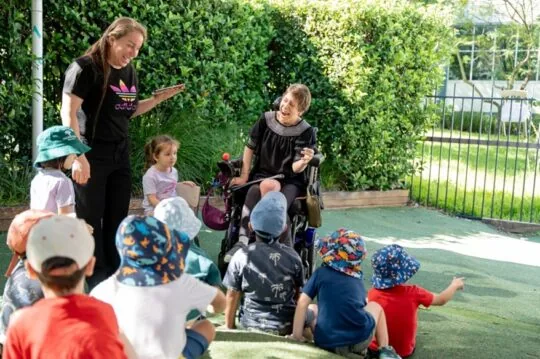
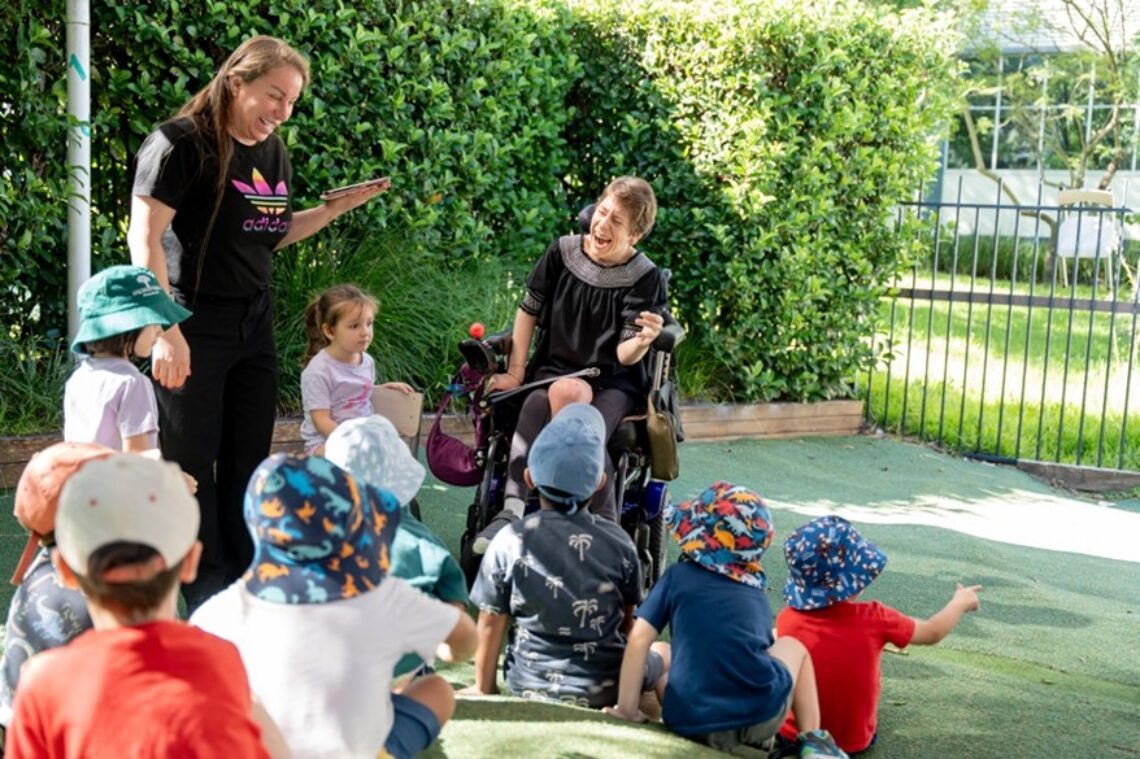
Bec Celebrates 10 Years Working In Her Dream Job At OAC Concord
Rebecca Donatiello (Bec) celebrates 10 years working and learning at Only About Children Concord.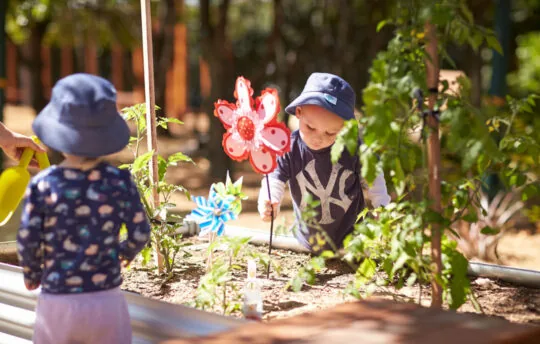

Choosing The Right Preschool/Kindergarten For Your Child
Choosing the right Preschool/Kindergarten for you child can be a daunting task. When exploring the ideal preschool choices for your child, there is no need to navigate blindly. Simply by asking the right questions, you can find the perfect match.